
The weekend’s just finished; it’s Monday morning, and a big to-do list is waiting for you… But instead of feeling energetic and motivated after the two days off, you wake up tired. This symptom of chronic fatigue is quite common and is due to multiple factors.
First, let’s recognize that feeling tired doesn’t mean you’re weak or lazy. It’s okay to have a craving for rest. Now, that life offers us so many exciting opportunities, we tend to get carried away with work and entertainment and would perhaps prefer to stay active 24/7. However, our body and mind require as much rest as activity.
If you feel tired and unmotivated all the time, though, it’s probably your body telling you: “Make a change to your lifestyle!” Maintaining healthy energy levels and beating chronic fatigue is about sticking to the basics with a proper regime and approach. We’ve put together a list of tips to help you get your vitality back.

Top Tip 1: Movement
We know what you’d say: “I’m always tired; how are you expecting me to do a workout?!” But it’s not about doing a 5-mile run or a hardcore HIIT at sunrise. In fact, short but consistent movement breaks are much more energizing than a one-off all-out session. To gently wake your body up and get your blood flowing in the morning, you could go for a brisk walk or do some light stretching at home.
In addition, low-intensity exercise can give you an energy boost during those “dead” afternoon hours and replace your second espresso of the day. You can try to arrange a walking meeting with your colleagues or have a phone call while you’re strolling in the nearest park.

Top Tip 2: Nutrition
A balanced diet of versatile, unprocessed foods rich in vitamins, minerals, and fiber is a great tool to beat chronic fatigue. For instance, you can’t have a big bowl of white pasta with cheese and cream for lunch and expect to avoid sleepiness in the afternoon. A rule that’s easy to remember is: eat fresh and light foods in order to feel fresh and light during the day.
Moreover, some foods can directly increase your focus and energy levels. Omega-3-rich foods like walnuts, flax, and chia seeds can improve your brain function and concentration ability. And if you need an instant energy boost, just mix some freshly squeezed orange or lemon with a piece of blended turmeric and ginger root.
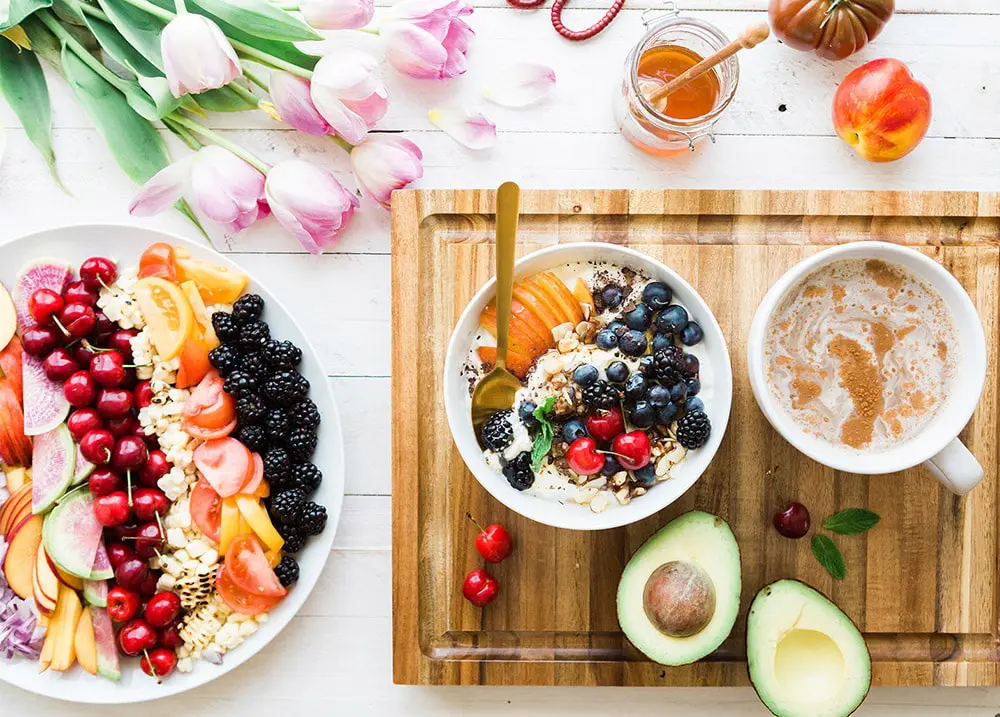
Top Tip 3: Sleep
Lack of sleep is one of the leading causes of fatigue, yet recent statistics show that approximately 36% of Americans are sleep deprived. Getting the essential 8 or even 9 hours of sleep (depending on your condition) is the key to beating chronic fatigue.
Remember that consistency is essential for proper sleep: try to get in and out of bed at the same time every day. Natural light can help you with this and calibrate your internal sleep clock. Exposing yourself to sunlight first thing in the morning triggers the release of cortisol, a hormone that makes you feel more awake. On the other hand, it also “presses start” on your internal timer for the release of melatonin 12 to 14 hours later. This will make you fall asleep more easily at the right time for your body. Introducing a bedtime routine and making your bedroom sleep-friendly will also support you in beating chronic fatigue.

However, a healthy recharge is dependent not only on the quantity but also on the quality of sleep. Perhaps you feel severe back pain when you wake up… Perhaps your breathing is compromised while you’re asleep due to an allergy to toxic flame retardants… Or maybe your mattress and bedding are disrupting your natural body temperature regulation, and you spend your bedtime covered in sweat… When you use a synthetic product, your organism inevitably gets exposed to unnatural substances that pose multiple health issues and cause poor sleep quality.
If you find yourself suffering from poor sleep and chronic fatigue, a wool mattress and bedding could be a convenient solution. A wool mattress will provide you with strong body support thanks to its natural springy fibers and will relieve the back pain that prevents you from recovering well. The natural breathability of organic materials will help you sleep without being interrupted by feeling unnaturally hot and sweaty. And most importantly, you will spend more hours in the stage of deep sleep, as your breathing won’t be damaged by toxic chemicals, mold, or dust mites.
Top Tip 4: Caffeine
To understand caffeine and how it relates to your energy levels, let’s look at what adenosine does. This hormone is responsible for giving the so-called “sleep hunger” signal to your brain. The longer you’re awake, the more adenosine your body produces. When you take caffeine in the form of coffee, black tea, or yerba mate, it “parks” in the adenosine receptor slots and doesn’t let it signal the brain that you’re tired. That’s why, as soon as the effect of the caffeine wears out, you get a rush of adenosine in those slots and feel twice as tired. So caffeine can be useful as a small boost to your energy levels, but not as an energy source on its own to fight chronic fatigue.
Also, if you take coffee too soon after waking, you diminish the body’s natural function to switch from rest to alertness on its own. As a result, scientists recommend delaying caffeine consumption from 90 to 120 minutes after waking.

Top Tip 5: Water
“Drink more water”—such a simple thing to do, yet we forget it all the time. Being dehydrated can cause headaches, lack of focus, and sleepiness at any time of the day. This is because approximately 60% of the human body is water. So don’t wait until you get thirsty; drink at least 8–10 glasses per day, depending on your weight and activity levels. Several scientists and athlete coaches advise beginning the day with a few glasses of water to rehydrate your body after sleeping.

And last, but not least, chronic fatigue has to do not only with the physical aspects of our lifestyle but with the psychological as well. So perhaps take a look at the big picture and have a little thought about some mental aspects of your life, such as: Are you happy at your job? Are you spending enough time engaging in activities that bring you joy? What makes you excited and gives you energy? Such questions might seem trivial, but they might be a stepping stone on your journey to well-being.
Shop Now





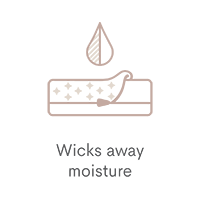

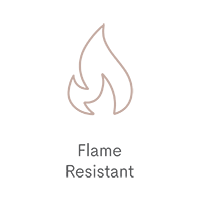

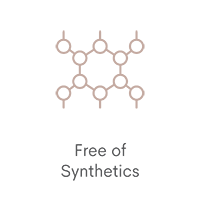

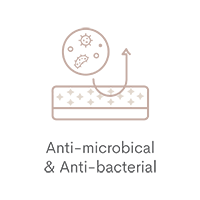
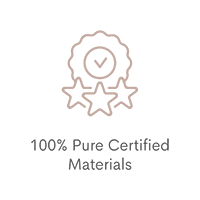







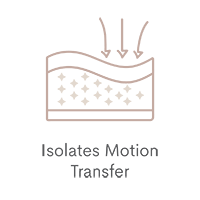
Leave a Reply